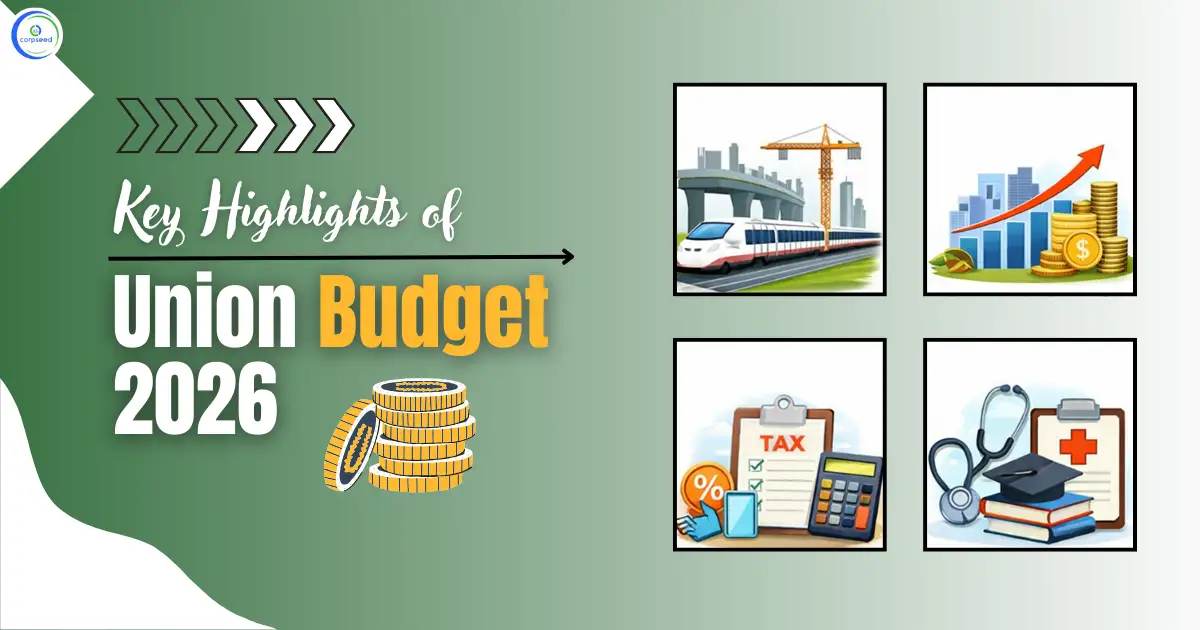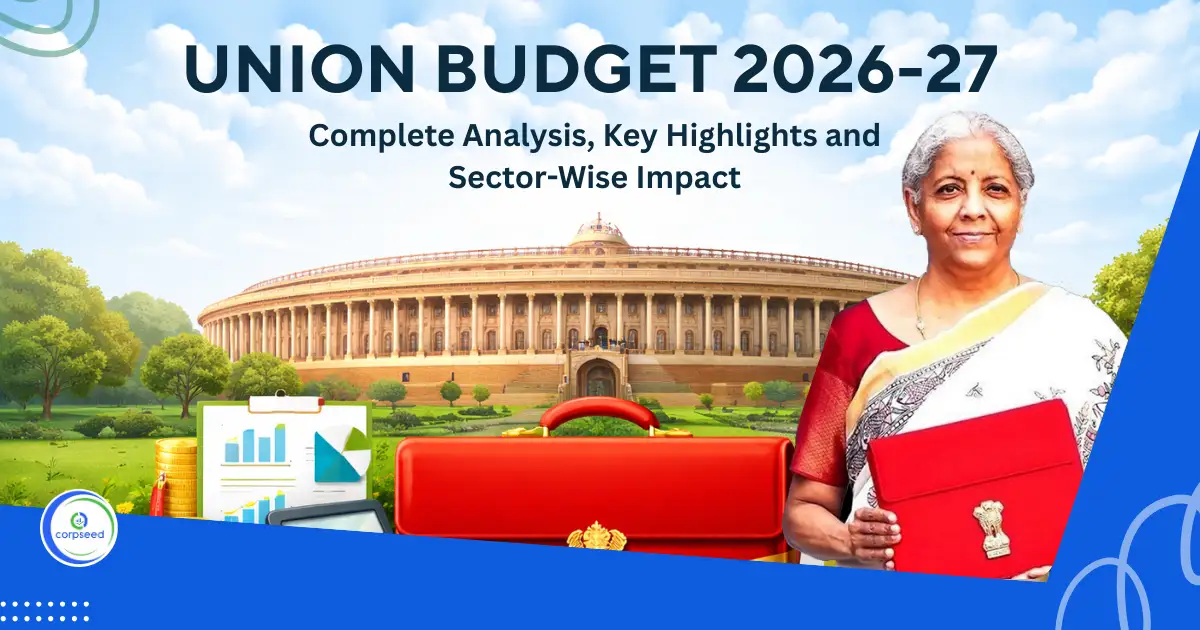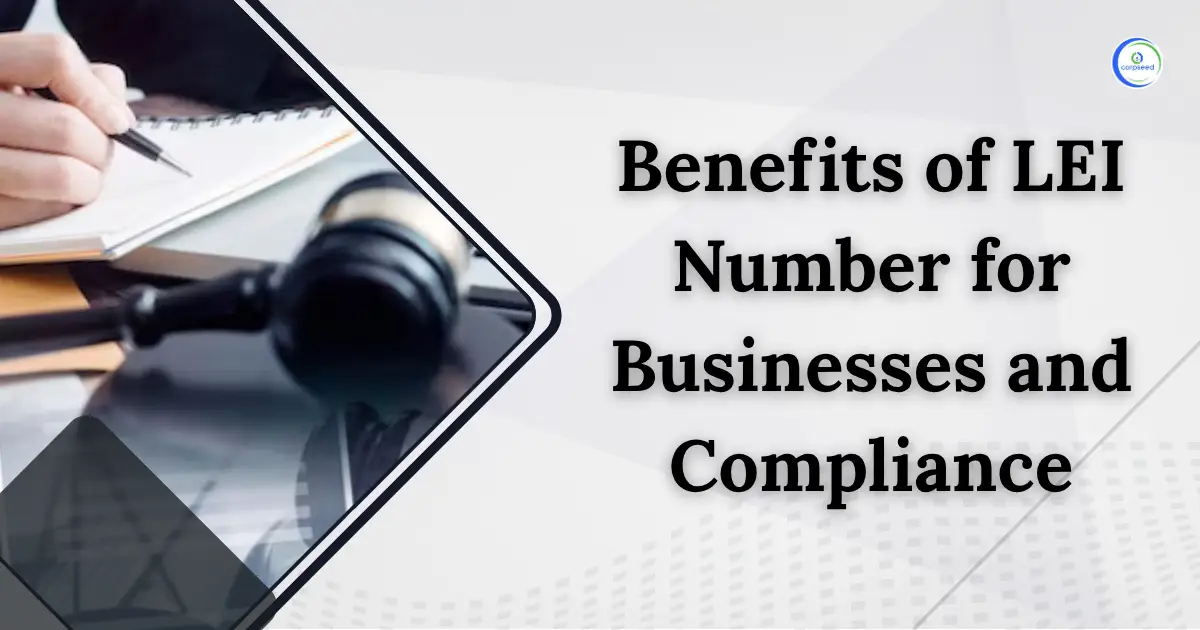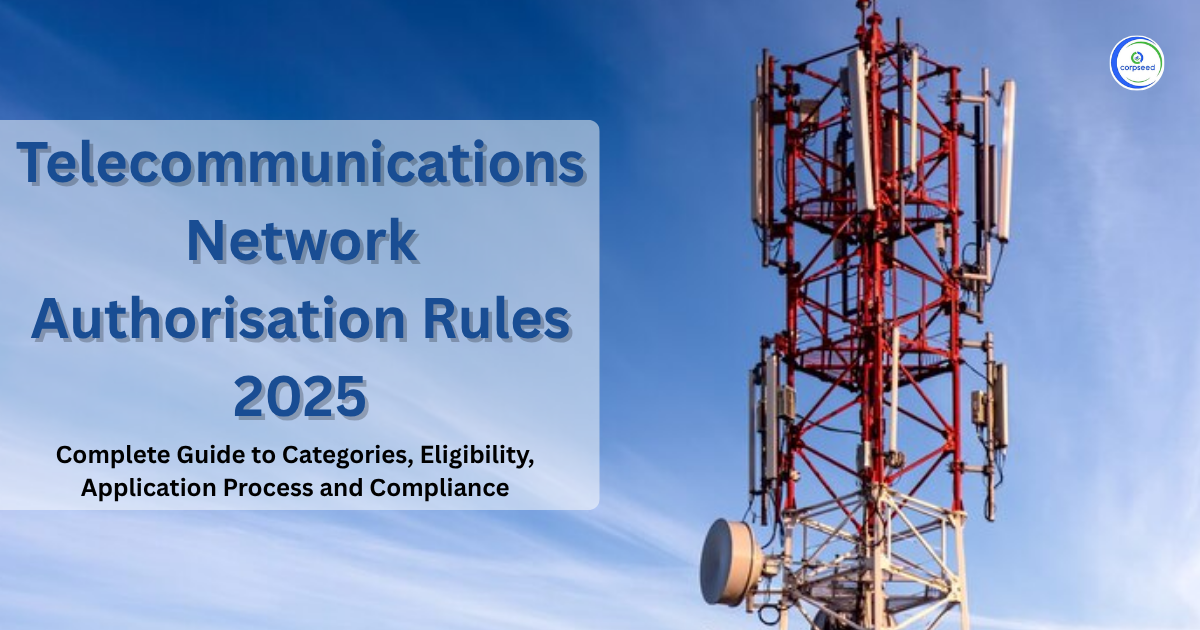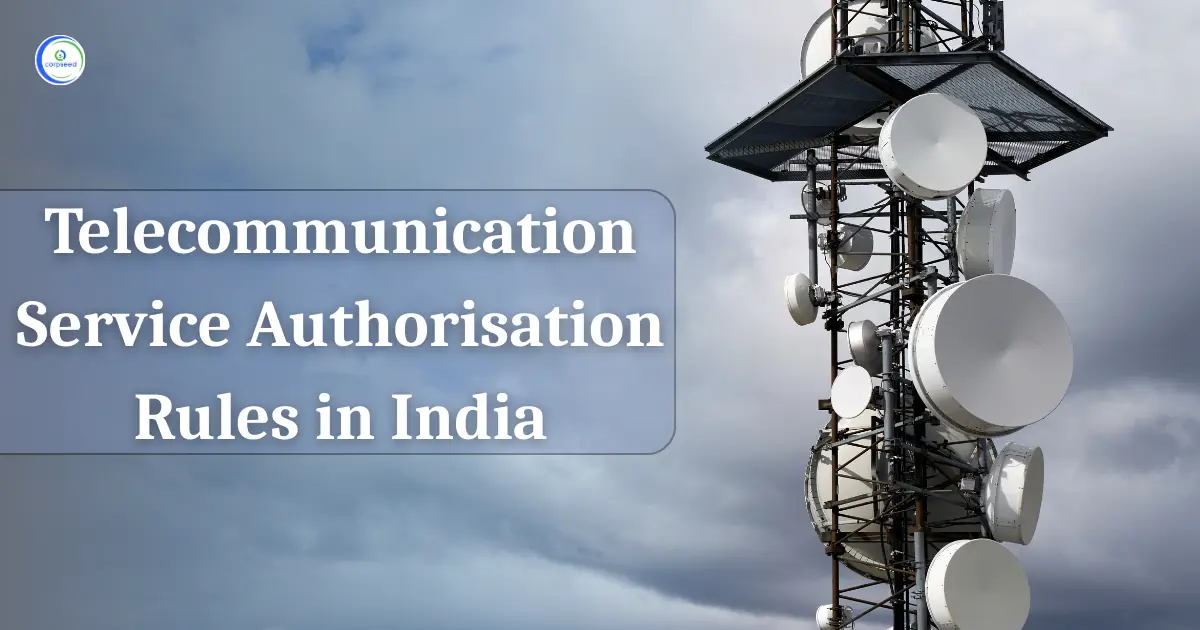Introduction: Cheque Bounce Cases
One is not oblivious to the concept of a bounced cheque and how it hampers the financial record of your bank accounts.
A bounced cheque is a document to which people become victims more often and get stuck in this vicious cycle of seeking a bank’s assistance, where in that process, the author of the cheque is held accountable for honoring the commitment after dishonoring it initially. To rectify it, he should do so within three months after the date of the first submission.
Table of Contents
--------------Blog Contact Form-------------
Cheque Bounce Meaning
When a bank refuses to accept or draw a cheque, it is called a cheque bounce. A variety of factors can affect its validity, such as its expiration date or a discrepancy regarding the cheque's issuance.
Not only does it disregard your payments but returns; the failed cheques, make them dishonored. One of the few reasons could be emphasized overwriting, unmatched signature or incorrect figures. Such a thing could be overwhelming financially, which could be avoided by any layman after adopting proper approaches and prior rechecks to dodge such mishaps.
Reasons for Bounced Cheque
There are several reasons why a cheque might get bounced, as mentioned in section 138 of the Negotiable Instruments Act. Let us have a quick look at it-
- Insufficient account balance- It is believed that if there is insufficient money in the drawer’s account to match the cheque amount, then the bank will reject the cheque and send it back to the payee claiming insufficiency of funds in paying the cheque amount.
- Overwriting- In the case of overwriting, if the drawee’s signature has slightly changed, highlighted or made bold in an attempt to overwrite can contribute to bounced check.
- Mismatch signature- It is said that if the payer’s signature differs from the one registered with the bank, then; the cheque is likely to bounce.
- Mismatch digits- The Cheque will bounce if the amount written or mentioned does not match.
What is the difference between a Dishonored Cheque and Cheque Bounce?
There exists a negligible difference between a dishonored cheque and a cheque bounce.
Let us understand the same with an example-
- A drawer issues the cheque in the payee’s name since they owe money to the payee, due to various reasons.
- The cheque holder then deposits the cheque wherever he has an account. Then, the cheque needs to be placed on the same day or after, but within 30 days. Otherwise, it might become null.
- If the drawer fails to fulfil or provide the mentioned amount after depositing it, the account sends an alert and issues a cash return memo to the payee’s bank, which shows that the cheque has been dishonoured.
Dishonoured cheques are those that the drawer is unable to pay to the payee as promised.
Cheque bounce or bounced check is when the drawee’s bank notifies them that it cannot issue payments in the payee’s bank (the amount mentioned as stated due to any reasons). The drawee bank, in turn, will send a Cheque Return Memo to the Payee’s bank, whenever he finds it feasible. In addition, dishonoured cheques or memos are submitted to the payee by the payee’s banker.
In summary, cheque dishonour happens by distinctive signatures, incorrect dates, etc. But, the cheque bounce occurs only due to insufficient funds in the drawer’s account.
Cheque Bounce Case Procedure
One should demand legal intervention or demand Notice to the person who has issued a bounced cheque, only under the following circumstances, which are as follows-
- You should issue a Demand Notice to the person who has sent you a bounced cheque.
- The demand notice should include details such as the date the cheque was issued on and a copy of the dishonoured memo.
- The drawer needs to make the payment within a period of fifteen days from the receipt of such demand notice.
- If not, you may seek legal assistance or file a complaint in a court of appropriate jurisdiction.
- You may gather all the documents, such as a copy of the notice, acknowledgement receipt, memo or bounced cheque, with the complaint form.
- Once it is checked, they will verify your documents.
- Once the court approves, the lawyer will have to fill necessary details in the bounced cheque form with the payer being asked to appear in the court’s proceedings.
To summarise, send a legal notice or a document, add a complaint, and then put forth evidence before the court, such that it will finally establish a judgement.
Cheque Bounce Charges
As for the cheque bounce charges, if a cheque bounce occurs due to insufficiency of funds or for various other purposes, then the banks are capable enough to charge to both the payee and the payer (with the offence). As a result, the penalty charges for cheques are close to ₹300 for most banks with charges inward returning about ₹100. Thus, it can vary for different banks or account types.
Cheque Bounce Law in India
The Negotiable Instruments Act of 1881 prescribes laws relating to promissory notes, bills of exchange and cheques. Sec.138 of this Act prescribes that in any event when a cheque drawn by the accused on an account maintained by him in a bank for discharge of debt or liability is returned unpaid due to insufficient funds or because of an amount exceeding the agreement with the bank, the drawer shall be deemed to have committed an offence under this act. In such cases, the offender can be punished with imprisonment up to two years, or with a fine of up to twice the amount of cheque or with both.
Conclusion
In a nutshell, we conclude that you should ensure appropriate funds in your bank account while issuing the cheque and the issued cheque should not be tampered with, just like overwriting, mismatched numbers signatures, etc. You should be vigilant enough to avoid discrepancies much before the bank sends an alert to the payer’s account. However, if you are careful throughout, it could help you reinforce cheque honouring by the payer without going to court or forcing him to make payment discourage via technological means.
This portion of the site is for informational purposes only. The content is not legal advice. The statements and opinions are the expression of author, not corpseed, and have not been evaluated by corpseed for accuracy, completeness, or changes in the law.
BOOK A FREE CONSULTATION
Get help from an experienced legal adviser. Schedule your consultation at a time that works for you and it's absolutely FREE.


